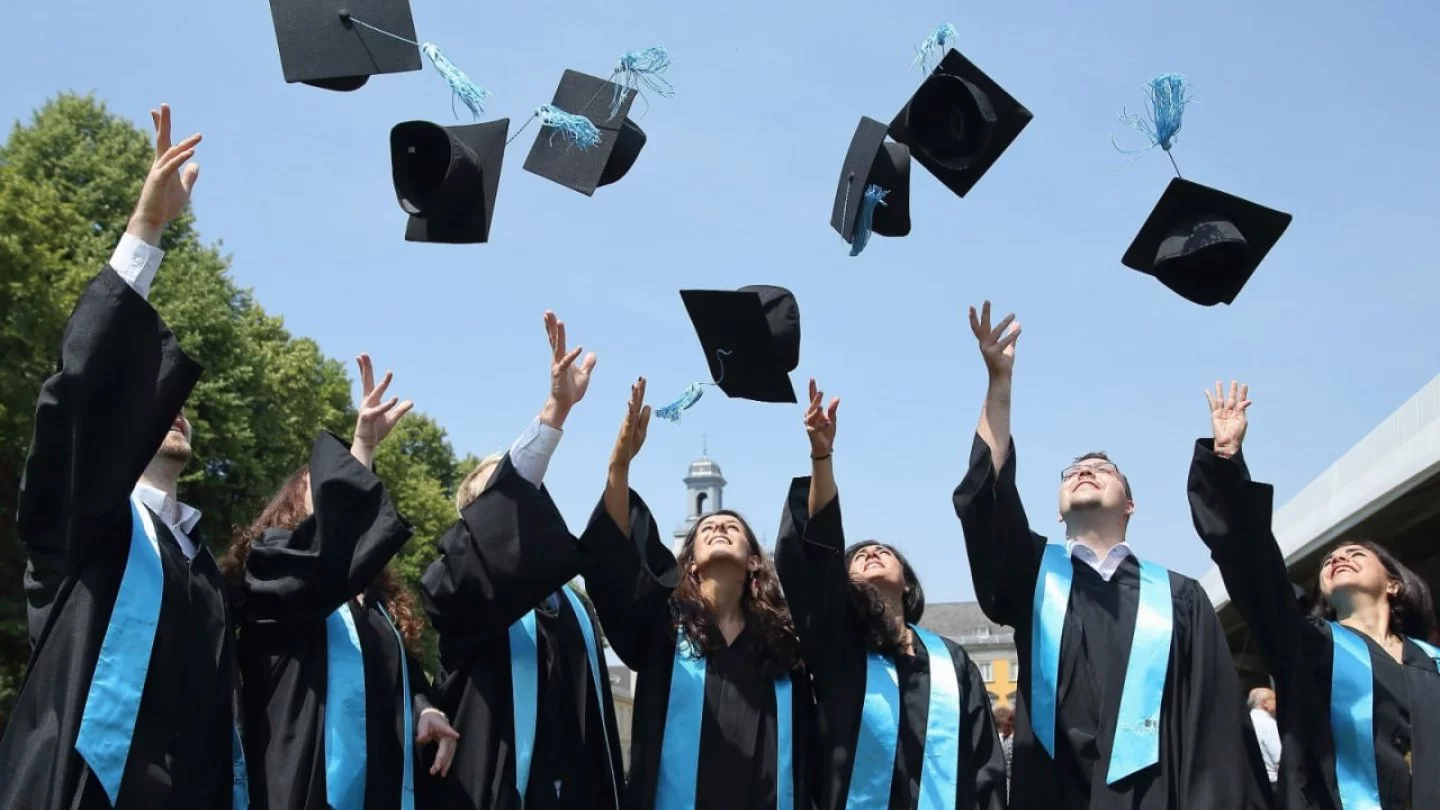ASTANA –( WNAM MONITORING ): Kazakhstan has recorded an unprecedented rise in the number of international students, driven by a state-led campaign to internationalize education and a surge in enrollment from neighboring countries.
Last year, the number of international students in Kazakhstan reached 31,500, an all-time high. The country seeks to raise this figure to 100,000 by 2028. As part of this effort, the government has developed a strategy for the transnationalization of education, under the new campaign Study in Kazakhstan, with the goal of attracting talents and strengthening the country’s international academic reputation.
For the first time, students from Asia—particularly India and China—have outnumbered those from CIS countries. To accommodate growing interest and boost international appeal, the government is expanding partnerships with foreign academic institutions.
One of the most notable initiatives, described by Minister of Science and Higher Education Sayasat Nurbek as the “gem of the gems,” is a joint project between the Colorado School of Mines (CSM) and Nazarbayev University.
The government’s strategy also includes offering incentives to attract foreign universities. For instance, land is provided free of charge to institutions building full-scale campuses in Kazakhstan.
“Our academic partners are considered strategic investors, so they are entitled to all the tax preferences,” Nurbek said in his interview on May 20. “In addition, we provide financial support for five-ten years so that foreign universities have time to ensure the financial stability of their branches.”
Another growing trend in international education is the growing demand for Russian students choosing to study in Kazakhstan. More than 3,000 Russian nationals are currently enrolled in Kazakh institutions.
Nurbek attributes these shifts to broader geopolitical changes across the region.
“Historically, Russia and Ukraine have been the centers of academic attraction in the region, but Ukraine is now out of the game, and Russia withdrew from the Bologna process two years ago. And students have to look for alternatives,” he said.


